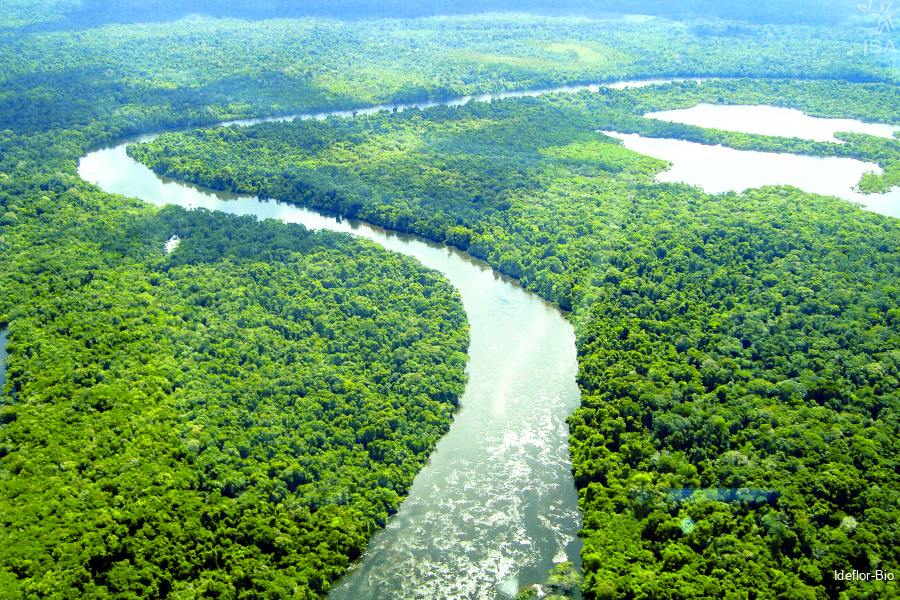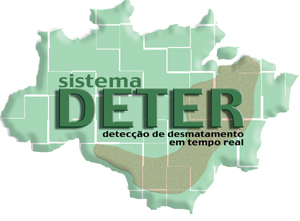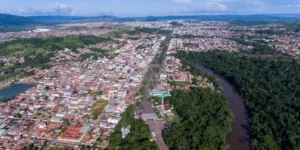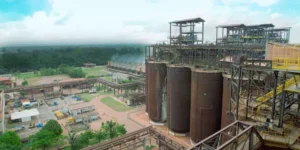Today’s Official Gazette brings an executive order signed by the State’s Secretary of the Environment with retroactive effect of 17 months, to April 8, 2013. During this long and inexplicable vacuum, the Council of the Triunfo do Xingu Environmental Protection Area, one of the main conservation units in Pará, was left without its advisors for all legal purposes, only now having they been replaced and patched up (completely?).
The council is a huge collegiate body, with 29 members, 19 of whom represent state, municipal and federal government agencies. Only 10 represent the region’s residents. Secretary José Alberto Colares reappointed two official representatives and the 10 advisors from civil society entities. And he appointed 17 representatives of the government, including municipal institutions, such as city councils, for a term that will last until April of next year, due to the extensive retroactive effect of the executive order.
Administrative delays are the hallmark of a creation that should have been of great importance. The Triunfo do Xingu APA was created in December 2006. Its board only came into being five years later, in December 2011. Despite the neglect, this unit comprised a mosaic of protected areas that were intended to defend Terra do Meio from the actions of predators, who had been attacking it to extract hardwoods, with special attention to mahogany.
The Terra do Meio mosaic is formed by the extractive reserves of the Iriri River, the Riozinho do Anfrísio River and the Xingu River; by the Triunfo do Xingu APA, the Terra do Meio Ecological Station and the Serra do Pardo National Park. It also includes the Cachoeira Seca and Xypaia and Curuaia Indigenous Lands. It has a protected area of 8.48 million hectares.
But there is a huge gap between the guarantees on paper (and in the images transmitted by satellites to the monitors of official and academic computers) and the reality. In 2011, environmental agents located a 12 square kilometer deforestation site entirely within the Triunfo do Xingu area, in Altamira. Two suspects of participating in the deforestation were fined 12.3 million reais each (and, of course, none of them has paid a cent to this day, as environmental criminals rarely do). The loggers used almost 30 chainsaws.
Since then (and for a long time) Pará has continued to be the champion in deforestation and Altamira, together with São Félix do Xingu, the two capitals of the devastated Terra do Meio, are at the top of the ranking, despite all the promises to the contrary and their accompanying propaganda.








